Radio Love (2014)
Genre : Drama, Fantasy, Comedy
Runtime : 1H 10M
Director : Hideyuki Tokigawa
Synopsis
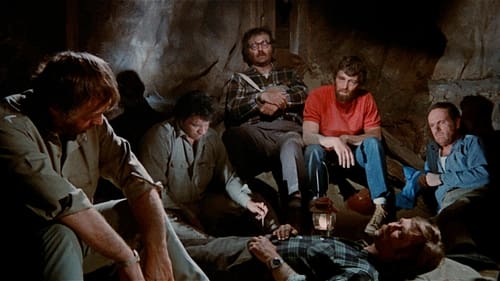
Trapped in a cave, five men cut the arm off of another companion in order to ward off starvation. After they are saved, their victim seeks revenge on them one by one.
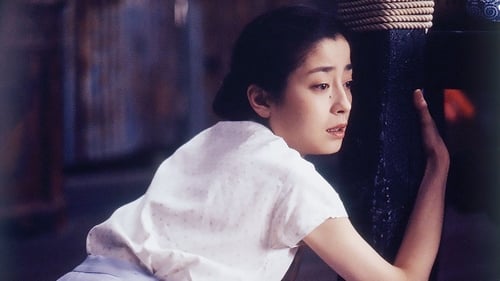
Based on a play by Hisashi Inoue, it focuses on the sufferings of the survivors of Hiroshima. The film takes place during 4 days in the summer of 1948, as the ghost of her father visits Mitsué (Rié Miyama). He had somehow learned that she has fallen in love, and tries to convince her to start her new life. But Mitsué obstinately refuses his warm and humorous encouragements : « People were killed in my place. I do not have the right to find happiness », she says.

A DJ helps police detectives hunt down a serial killer who kills women and makes taunting phone calls to the radio station.
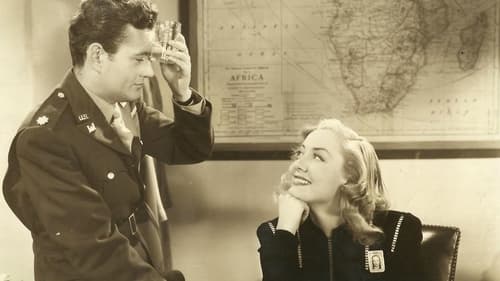
The research, development, and deployment of the first atomic bomb, as well as the bombing of Hiroshima, are detailed in this docudrama.

Cunnamulla, 800 kilometres west of Brisbane, is the end of the railway line. In the months leading up to a scorching Christmas in the bush, there's a lot more going on than the annual lizard race. Here, Aboriginal and white Australians live together but apart. Creativity struggles against indifference, eccentricity against conformity.
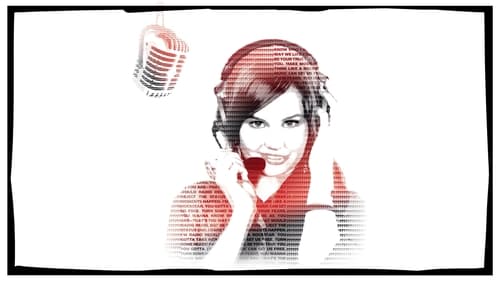
High school senior Tara is so painfully shy that she dreads speaking to anyone in the hallways or getting called on in class. But in the privacy of her bedroom with her iPod in hand, she rocks out -- doing mock broadcasts for Miami's hottest FM radio station, which happens to be owned by her stepfather. When a slot opens up at The SLAM, Tara surprises herself by blossoming behind the mike into confident, "Radio Rebel" -- and to everyone's shock, she's a hit!

Hiroshima is a 1995 Japanese / Canadian film directed by Koreyoshi Kurahara and Roger Spottiswoode about the decision-making processes that led to the dropping of the atomic bombs by the United States on the Japanese cities of Hiroshima and Nagasaki toward the end of World War II. Except as actors, no Americans took part in the production. The three-hour film was made for television and evidently had no theatrical release, but is available on DVD for home viewing. A combination of dramatisation, historical footage, and eyewitness interviews, the film alternates between documentary footage and the dramatic recreations. Both the dramatisations and most of the original footage are presented as sepia-toned images, serving to blur the distinction between them. The languages are English and Japanese, with subtitles, and the actors are largely Canadian and Japanese.
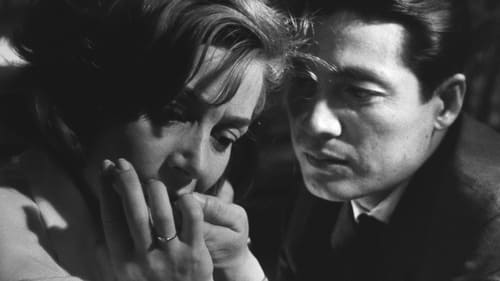
The deep conversation between a Japanese architect and a French actress forms the basis of this celebrated French film, considered one of the vanguard productions of the French New Wave. Set in Hiroshima after the end of World War II, the couple -- lovers turned friends -- recount, over many hours, previous romances and life experiences. The two intertwine their stories about the past with pondering the devastation wrought by the atomic bomb dropped on the city.
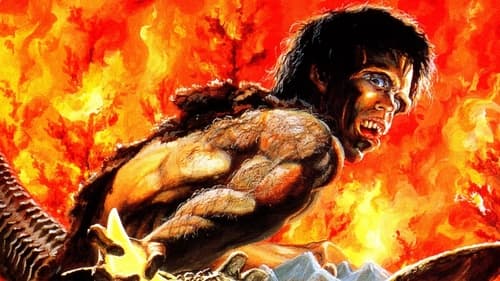
During WWII, Germans obtain the immortal heart of Frankenstein's monster and transport it to Japan to prevent it being seized by the Allies. Kept in a Hiroshima laboratory, it is seeming lost when the United States destroys the city with the atomic bomb. Years later a wild boy is discovered wandering the streets of the city alone, born of the immortal heart.
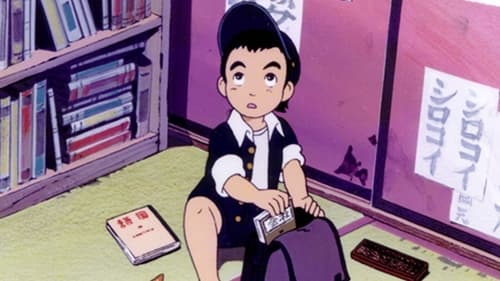
A story about the effect of the atomic bombing of Hiroshima on a boy's life and the lives of the Japanese people.
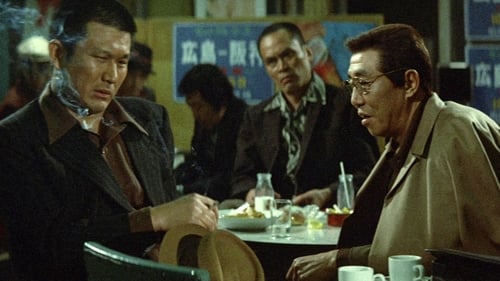
As Japan gears up for the 1964 Olympic games, the cops start to crack down on the gangs, under pressure from the public and the press, adding a new dimension in the war for power among the yakuza families of Hiroshima.
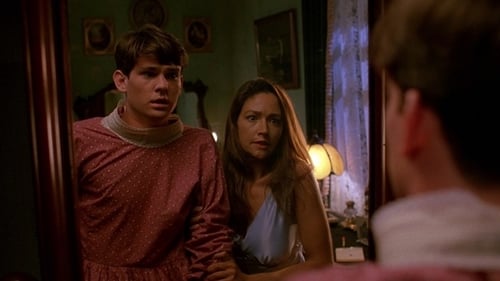
Norman Bates recalls his childhood with his abusive mother on a radio show about boys who commit matricide.
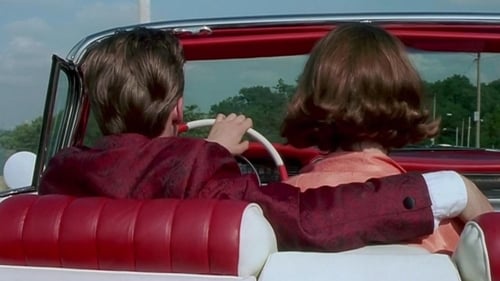
A 17-year-old boy becomes friends with Billy Magic, the radio DJ he idolizes, and eventually slips into the payola and corruption of the entertainment world.
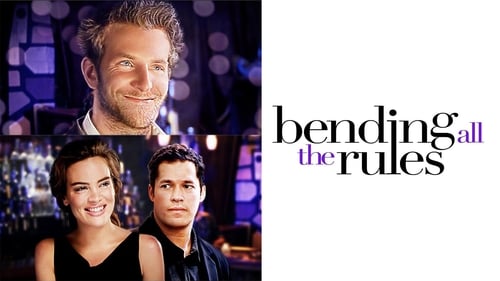
When single photographer Kenna finally gets her own exhibition, she turns her attention to her love life. Yet two different men, sensitive Jeff and strong-willed Martin, are determined to win her heart, pulling her free spirit in opposite directions.

The documentary recounts the world's first nuclear attack and examines the alarming repercussions. Covering a three-week period from the Trinity test to the atomic bombing of Hiroshima, the program chronicles America's political gamble and the planning for the momentous event. Archival film, dramatizations, and special effects feature what occurred aboard the Enola Gay (the aircraft that dropped the bomb) and inside the exploding bomb.

While Hirono is in prison, his rival Takeda turns his own crime organization into a political party, whose two executives stir up new tensions in their thirst for power.

This was the only documentary made in the aftermath of the atomic bombings of 1945. Japanese filmmakers entered the two cities intent on making an appeal to the International Red Cross, but were promptly arrested by newly arriving American troops. The Americans and Japanese eventually worked together to produce this film, a science film unemotionally displaying the effects of atomic particles, blast and fire on everything from concrete to human flesh. No other filmmakers were allowed into the cities, and when the film was done the Americans crated everything up and shipped it to an unknown location. That footage is now lost. However, an American and a Japanese filmmaker each stole and hid a copy of the film, fearful that the reality of Hiroshima and Nagasaki would be hidden from history. Eventually, these prints surfaced and became our only precious archive of the aftermath of nuclear warfare -- a film that everyone knows in part, yet has rarely seen in its entirety.

Shigematsu Shizuma lives with his senile mother, his wife Shigeko, and his niece Yasuko in a village near Fukuyama. He, his wife, his niece and his close friends in the village were present at the atomic bombing of Hiroshima. The Shizumas look for prospective husbands for Yasuko, but find that the families withdraw on finding out she was at Hiroshima.

The film shows the bombing of Hiroshima and the horrific aftermath following the detonation of an atomic bomb on humans for the first time in history.

Chow Mei Si (Diana Pang) is a late-night radio DJ who receives an ominous warning from one of her callers. The caller, named "Hungry Wolf", says that he's going to blow up a hospital...and he does! Chow Mei Si tries to warn cop Wong Chi Ming (Michael Wong), but he's skeptical. That is, until the caller threatens to blow up a kindergarten and promptly follows through. Now Wong and his partner (Joyce Ni) must protect Chow Mei Si from the bomber before he can claim her as his next victim!



















